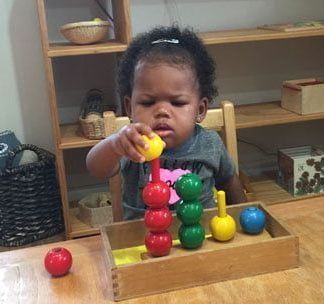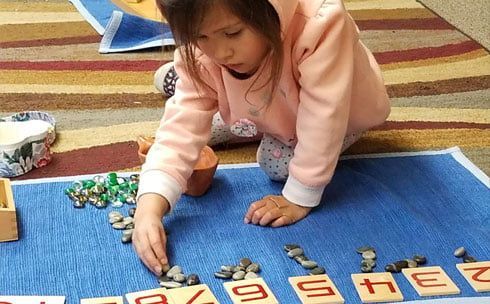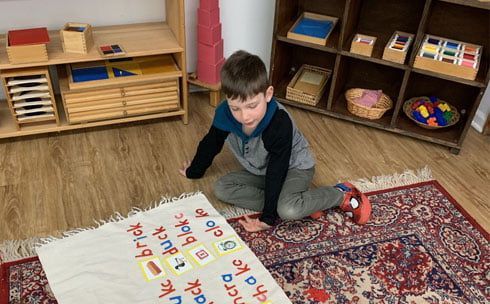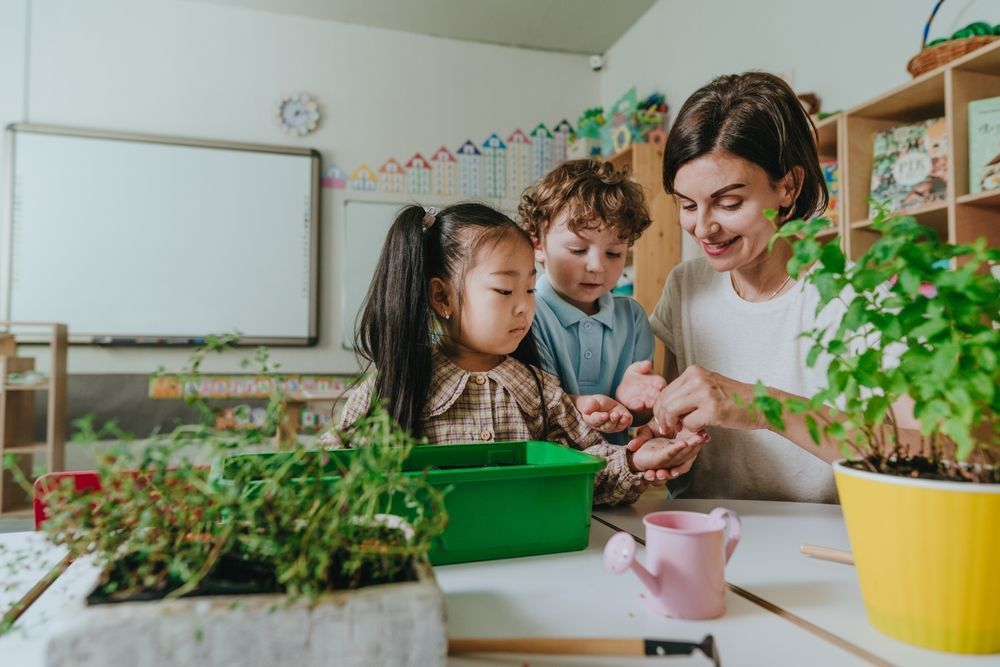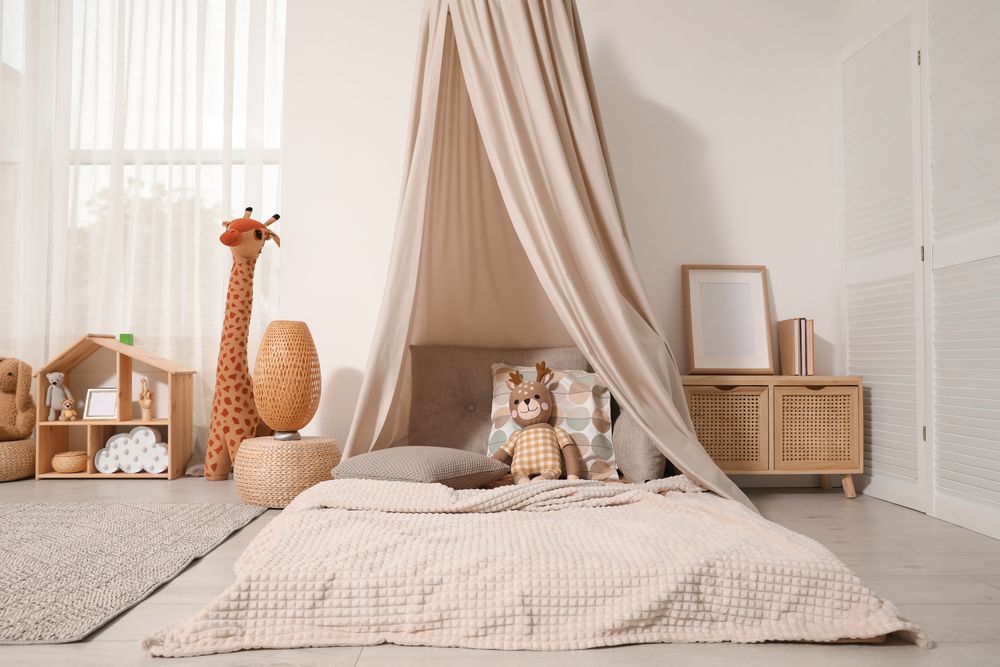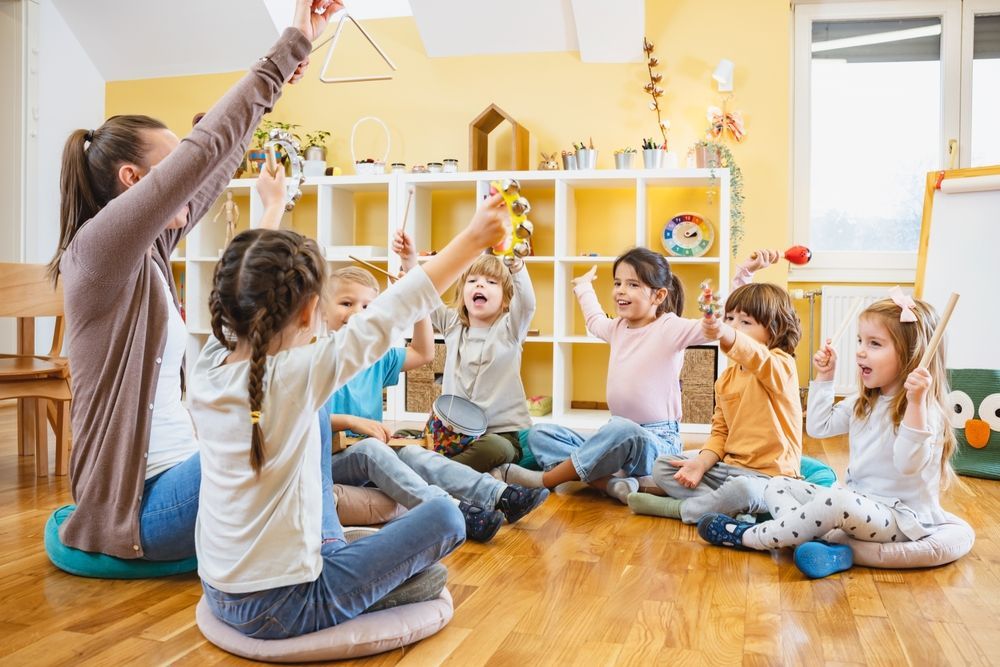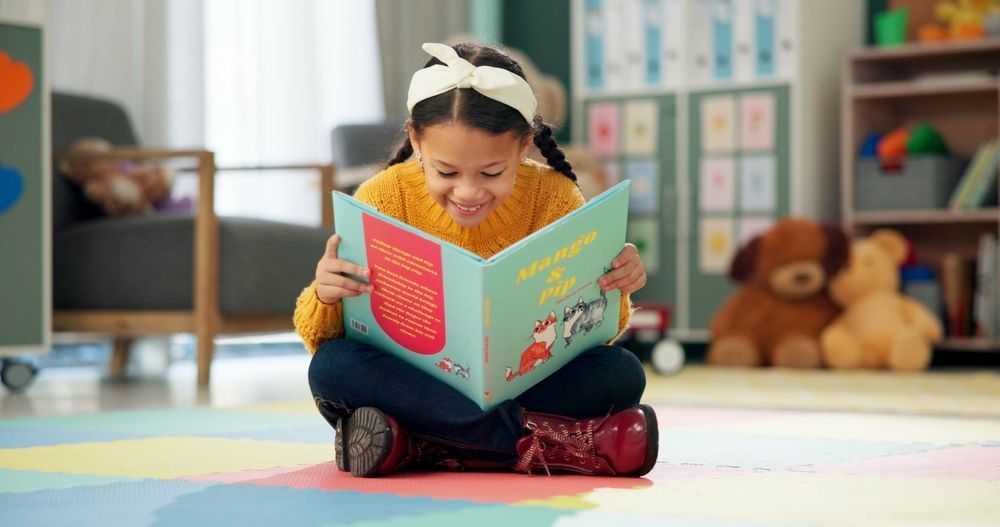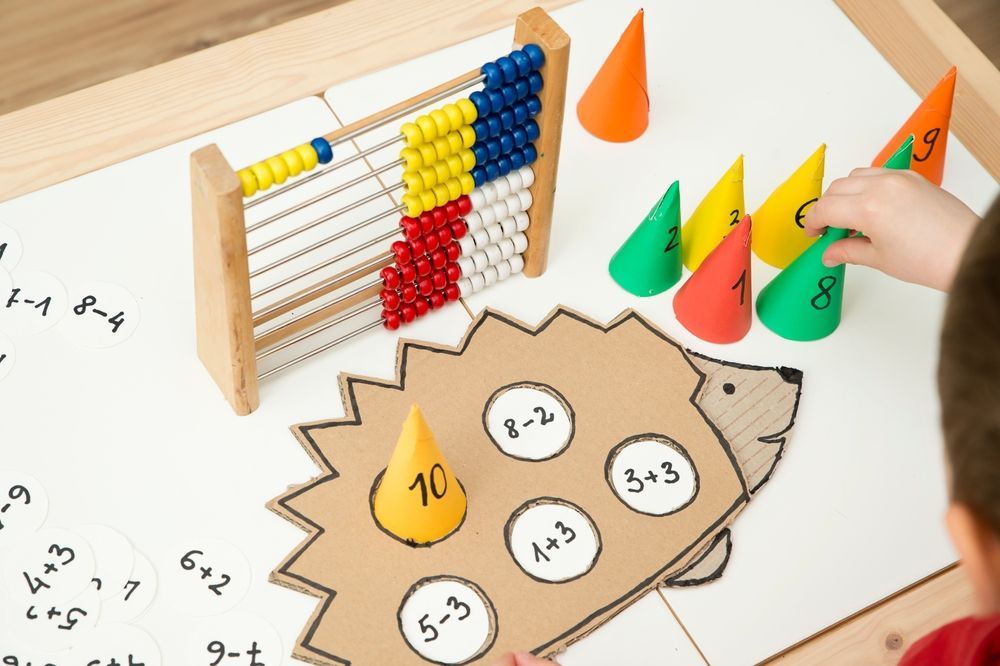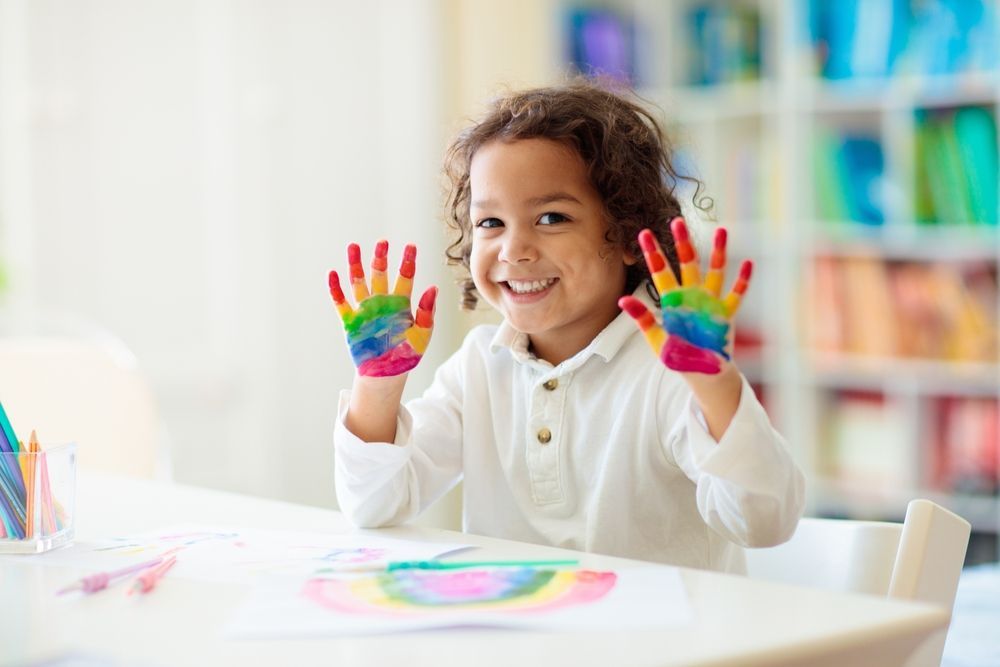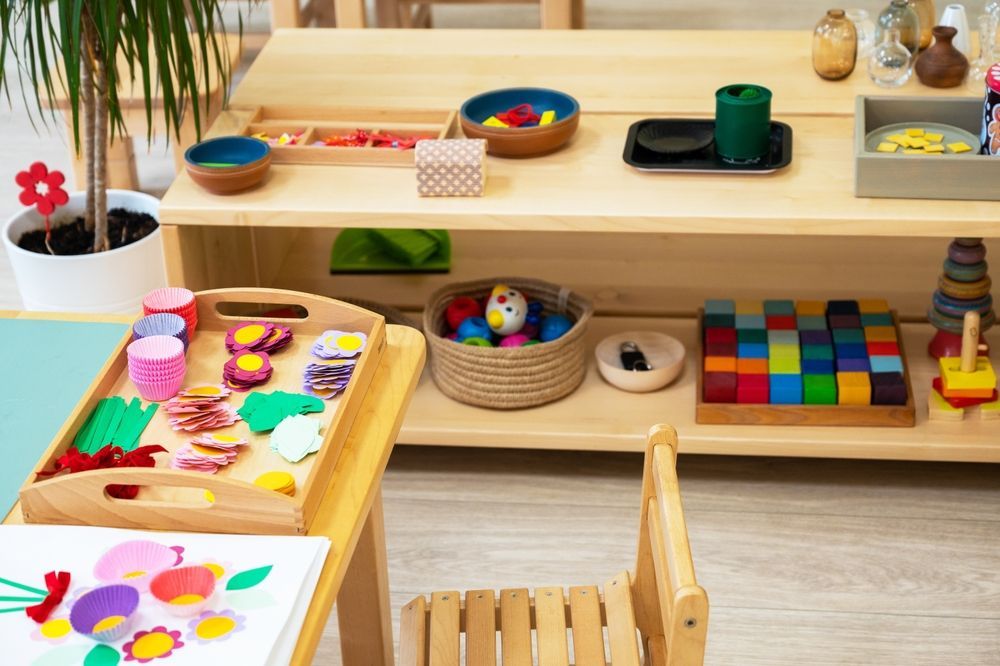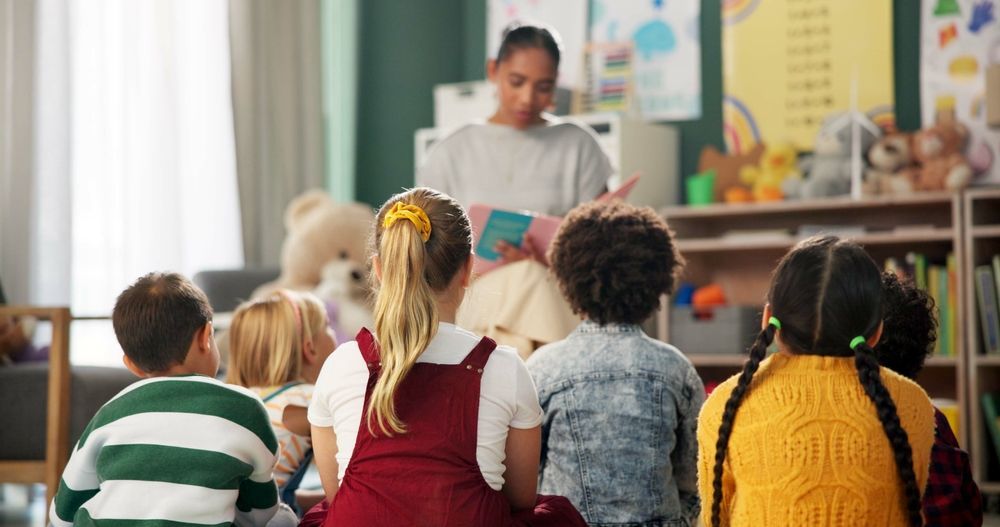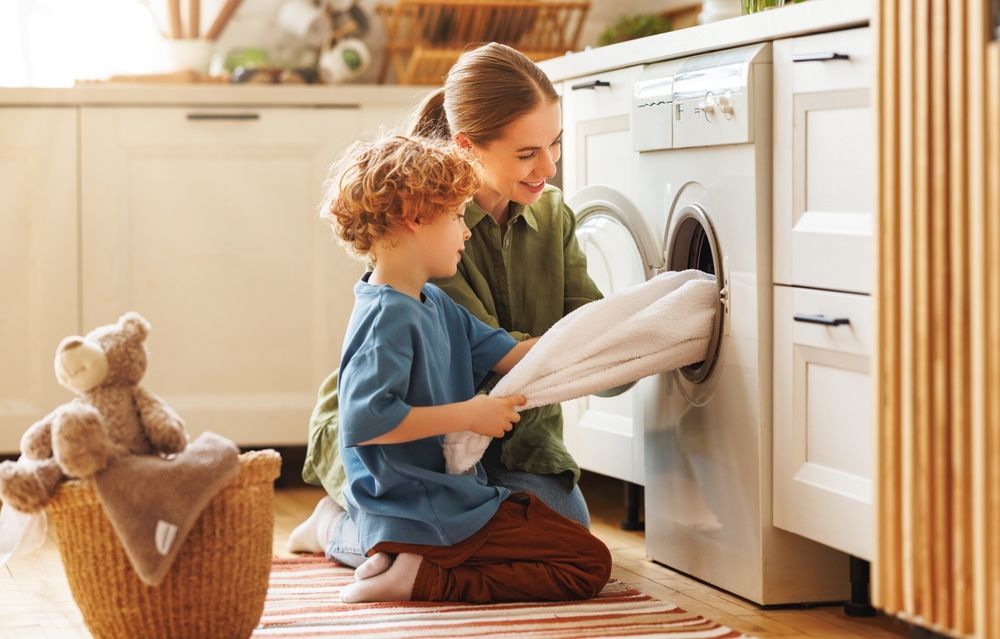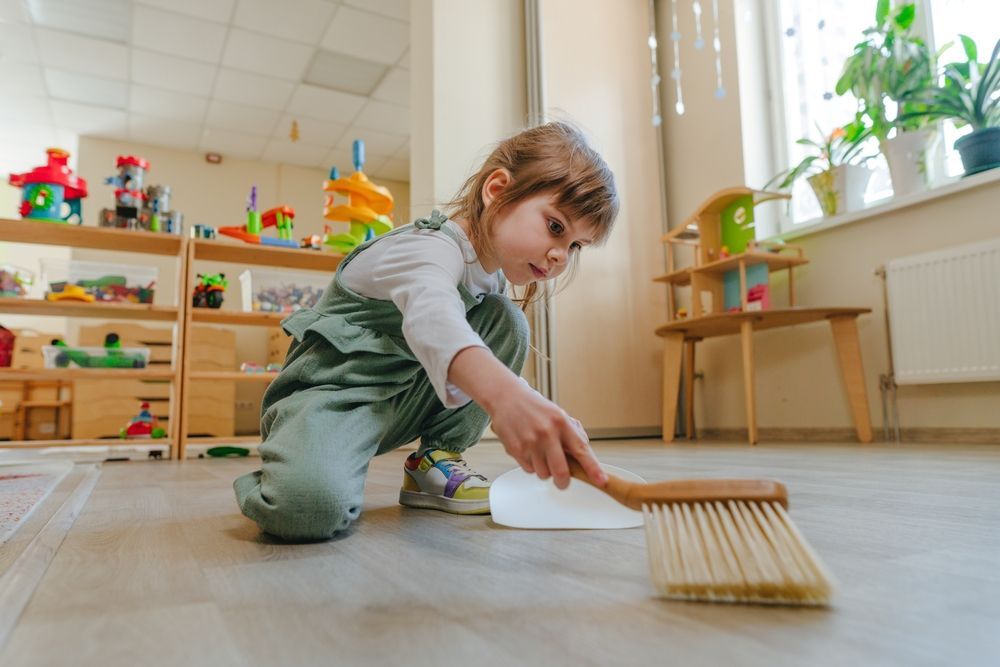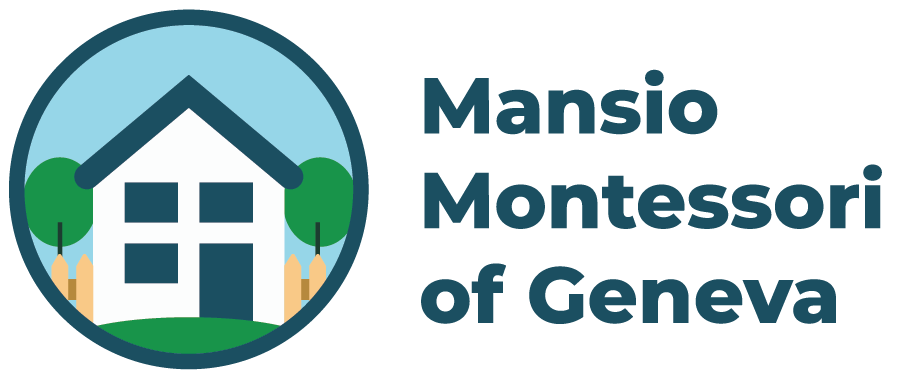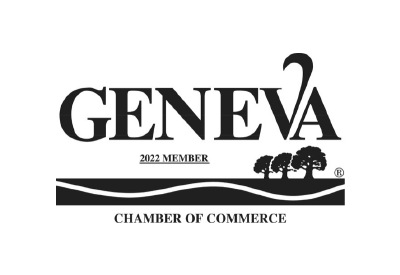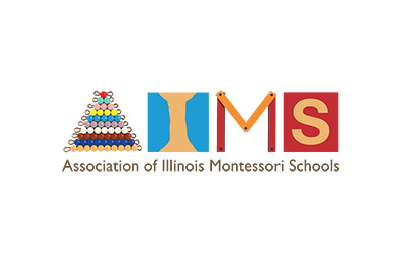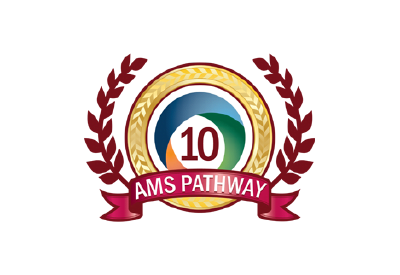Advantages of Private School
Share this Article:

Where your child will receive their pre-school and kindergarten education is one of the most important decisions you will make as a young parent. During these formative years, children gain not just essential skills for their future educational journey, such as reading, writing, and math, but foundational life skills such as critical thinking and problem solving by exploring their environment through hands-on learning. All parents want to choose a warm, caring environment where their child will naturally build self-esteem, self-confidence, self-reliance, and resilience that they carry with them throughout their lives.
In making your decision, it helps to be aware of some of the advantages private schooling can offer your child. Read on to learn more about the unique benefits private and Montessori schools can offer.
What is the Difference between Private and Public Schools?
There are many differences between public and private schools, but ultimately it comes down to cost, educational philosophy, and specific student needs. Public schools are funded by the government and are required to follow state education standards, making them accessible to all students within a district. They tend to have larger class sizes and offer a standardized curriculum.
Private schools, on the other hand, are independently funded, often through tuition and donations, and can set their own curriculum and standards. This allows for smaller class sizes and more specialized programs but usually requires tuition, making them less accessible to all families.
What are the Advantages of Private School?
1. Reliable and Generous Funding
As mentioned previously, private schools are funded by donor contributions and student tuition payments. This provides a much more reliable and oftentimes larger income stream than what can be provided by federal, state, or local governments. A more reliable income stream leads to fewer budgeting issues at school. When a school is able to fund itself properly and reliably, the result will be a lack of department cuts to critical areas, such as music, the arts, and other valuable elective programs.
2. Individualized Attention and Support
Data from the National Center for Education Statistics indicates that the student-to-teacher ratio at private schools was 11.9 students per teacher, lower than the average 16.2 at public schools. The difference is even more pronounced in areas of the country where government funding for education is less plentiful. It’s no secret that smaller class sizes in private schools foster a more supportive environment, as teachers get to spend more time offering their students individualized attention.
3. Permission to Focus on Any Talent
When enrolled in private schools, and particularly Montessori schools, children are offered increased access to co-curricular and extra-curricular activities and programs. This allows students permission to explore any interest they uncover, as well as the invaluable opportunity to focus on their unique interests as those interests develop into passions and talents. Perhaps one of the most foundational advantages children receive from a private education is the flexible academic programming private schools are able to offer. Public schools are subject to strict governmental oversight by state departments of education and are beholden to group average test score expectations.
In comparison, private school teachers and administrators are permitted the freedom to offer more creative and tailored educational experiences. The result tends to be a wider variety of subjects and programs in private schools that are also more innovative. And with Montessori schools, the benefits can be even greater. Montessori-trained educators believe, for example, a gifted writer should not be required to come to a halt in the middle of a story, and a gifted artist should be encouraged to paint, build, and explore mediums as part of their educational experience.
4. Better Academic Performance
It won’t surprise parents that specialized support tailored to their child’s interests and progress can result in better academic performance overall. According to the National Assessment of Educational Progress, this is absolutely true, which is often referred to as “the nation’s report card.” The NAEP periodically assesses public and private school students in subjects such as math, reading, science, and writing. NAEP data consistently shows that private school students receive higher scores on standardized tests in almost all subjects compared to students at public schools.
5. Setting Up Children for a Lifetime of Success
Research shows that children who receive a private school education score higher on college entrance exams, such as the SAT. In fact, the National Association of Independent Schools (NAIS) found that students educated in private schools consistently scored higher in all subject areas of the SAT than did students educated in public schools. And according to CAPE , the Council for American Private Education, private school students are also more likely to attend college and receive a college degree than public school students.
Are Montessori Schools Private Schools?
The popularity of Montessori schools has grown significantly in recent years, and with their growing popularity has come an influx of public Montessori schools. While there are over 500 public Montessori schools in the United States, many are considered magnet or charter schools. Most Montessori schools are classified as private schools.
Simply put, a private school setting is more conducive to the Montessori method of education . Montessori is an education method based on self-directed activity, hands-on learning, and collaborative play. Children are encouraged to be creative in their learning. Teachers are highly trained, using age-appropriate activities during the teaching process. Children can work in groups or individually to discover, explore, and develop their potential.
These are wonderful things for childhood development, but they require specialized teacher training that isn’t offered at many public schools, such as low teacher to student ratio and individualized student attention and support. These are all items that tend to be incompatible with conventional federally funded education.
Setting Your Child Up for Success at Mansio Montessori of Geneva
At Mansio Montessori of Geneva , we differ from traditional school methods by focusing on philosophical, environmental, and purpose-driven activities that further your child’s educational experience. We believe in an educational experience tailored to each child and is inherently child-centered rather than teacher-centered. Our programs start as early as 15 months and go through kindergarten.
Are you interested in learning more about the Montessori method of education, and how it can serve your child? Contact us today to learn more about how your child can excel with Montessori.
